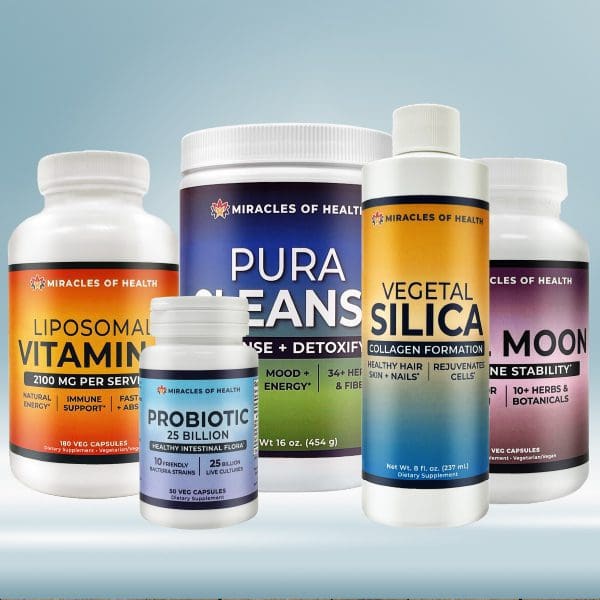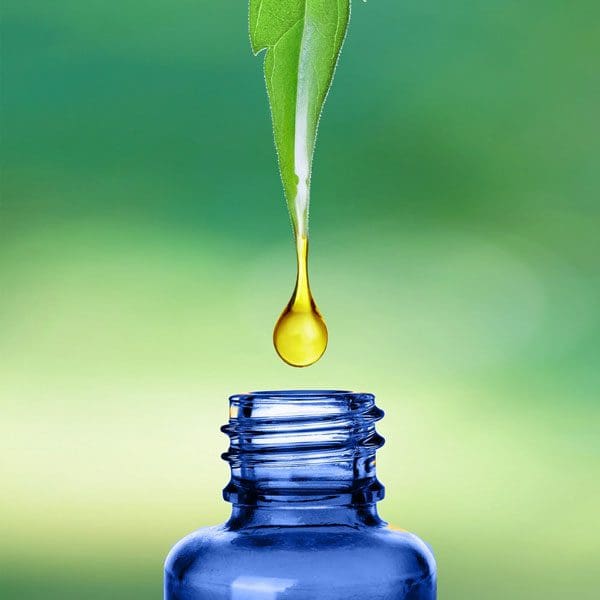General Steps to Help Reduce Allergies
The number of people with allergies has tripled over the last 20 years, and many people in their 40s and 50s are now experiencing hay fever and other allergies for the first time in their life.
Imagine owning a car alarm that’s a tad too sensitive, letting out a piercing shriek at the slightest provocation. If you’re one of the 60 million Americans with respiratory allergies, you have a similar problem with your immune system: It treats harmless dust, pollen, and pet hair as if they were the enemy.
If you’re allergic, it takes just a tiny particle of the right allergen to put your panicky immune system on the defensive. Your body strikes back by releasing a rush of histamine, the chemical that causes that familiar feeling and running in our nose, eyes, and sinuses.
An allergy is an inappropriate response by the body’s immune system to a substance that is not normally harmful. The immune system is a highly complex defense mechanism that helps us to fight infections. It does this by identifying foreign invaders and mobilizing the body’s white blood cells to fight them. In some people, the immune system wrongly identifies a nontoxic substance as an invader, and the white blood cells overreact, creating more damage to the body than the invader. Thus, the allergic response becomes a disease in itself.
Typical allergic response are nasal congestion, coughing, wheezing, itching, shortness of breath, headache, fatigue, hives and other skin rashes.
Medical treatment for most allergies consists of antihistamines, steroids and desensitization shots. People with allergies know that these treatments seldom work very long because they don’t get to the cause of the problem. At best, they provide temporary relief of symptoms. At worst, they create side effects which may be worse than the allergy itself.
General Steps to reduce allergies:
- Avoid triggers such as cigarette smoke and other air pollutants.
- Limit outdoor activity during peak pollen times (7-9am & 3-7pm).
- Wear sunglasses to minimize eye symptoms.
- Apply a barrier balm inside the nostrils.
- Consider taking a probiotic supplement and omega-3 fish oils.
- Vitamin C acts as a natural antihistamine to damp down inflammation. It is recommended to consume 5,000-20,000mg daily in divided doses.
- Magnesium plays a role in reducing muscle spasms in the lungs in asthma. It is recommended to consume 750mg daily.
- Selenium has an important role in reducing inflammation in the lungs and small airways.
- Vitamin D boosts the body’s immune system and lessens the response to triggers such as dust mites.
- Natural Antihistamines: 1,000-2,000mg a day of Quercetin combined with 1,000mg of Bromelain and 200mg of CoQ10. Also recommended are chamomile, basil, papaya, echinacea, fennel, and thyme.
- Neti Pots: A little douse of saltwater can rinse away those prickly pollen grains and help treat allergies and other forms of sinus congestion.
- Allergy-Fighting Foods: A German study published in the journal Allergy, found that participants who ate foods rich in omega-3 fatty acids were less likely to suffer allergy symptoms than those who didn’t regularly eat these foods. Omega-3s help fight inflammation and can be found in cold-water fish, walnuts, and flaxseed oil, as well as grass-fed meat and eggs.
- Several herbs and supplements including spirulina, eyebright, and goldenseal have been studied for allergy relief.
- Eucalyptus oil can supercharge steam inhalation, helping to open your sinuses and nasal passages further. The vapor provides a bracing, menthol-like sensation that can make breathing seem easier. Try adding a few drops of oil to a bowl of steaming water, or to the floor of the shower before you step in.
- Essential Oil Blend: lavender, lemon, peppermint, and clove














